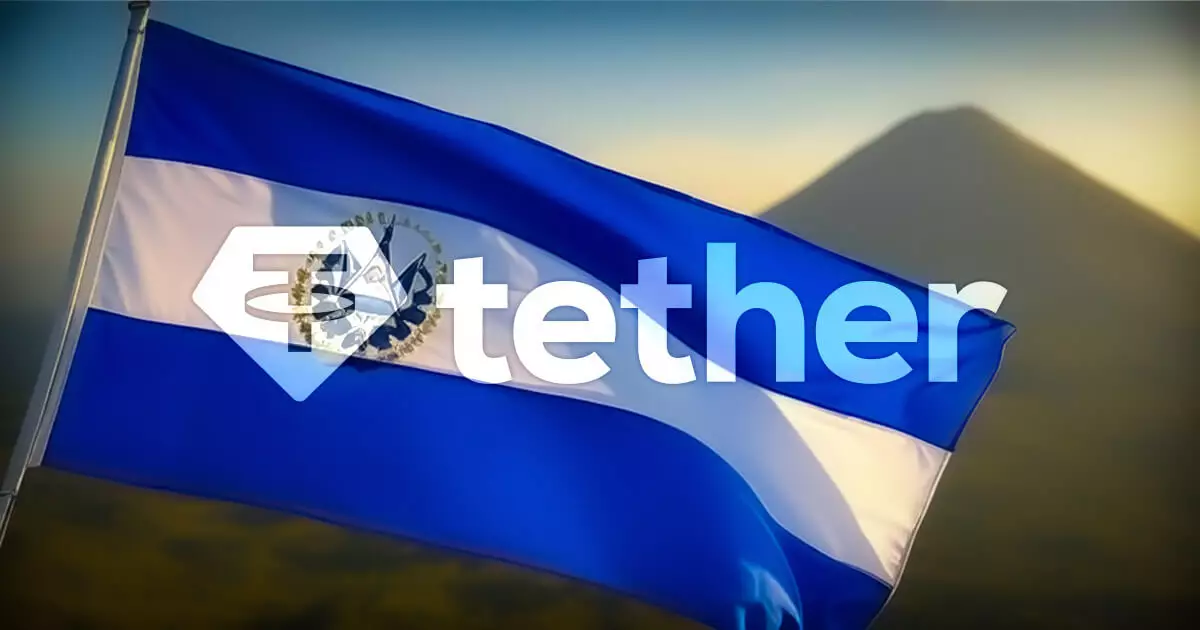Tether, a prominent player in the stablecoin market, is taking a decisive step by relocating its global headquarters to El Salvador. This shift follows the company’s successful acquisition of a Digital Asset Service Provider (DASP) license, marking a significant milestone in its operational strategy. El Salvador has made headlines as the first country in the world to recognize Bitcoin as legal tender, positioning itself at the forefront of digital asset innovation. Tether’s choice to move reflects a broader trend where cryptocurrency firms are increasingly seeking environments conducive to blockchain advancements.
El Salvador: A Beacon for Blockchain Innovation
El Salvador’s proactive stance on cryptocurrency and digital assets under the leadership of President Nayib Bukele presents a compelling case for Tether. The nation has implemented forward-thinking policies that encourage technological innovation and the growth of financial markets. These regulatory frameworks are particularly appealing to digital currency firms, which often find it challenging to operate within restrictive environments. Tether’s alignment with El Salvador’s Bitcoin-first economy exemplifies a shared vision for enhancing financial accessibility and inclusiveness.
The move to El Salvador is not merely a relocation; it embodies Tether’s commitment to promoting financial inclusion in underserved regions. Traditional financial institutions often overlook these areas, yet they present significant opportunities for growth through digital assets. By establishing its headquarters in such a supportive environment, Tether aims to foster innovation that empowers people economically. CEO Paolo Ardoino has articulated this vision, emphasizing the company’s role in navigating and operationalizing these opportunities.
The Influence of Leadership on Cryptocurrency Adoption
Ardoino’s admiration for President Bukele’s leadership underscores the importance of visionary governance in cryptocurrency adoption. Over the past year, he has praised Bukele’s transformative policies, asserting that strong leadership is essential for facilitating profound economic and social changes. Bukele symbolizes an innovative approach to governance, where technology and financial evolution intersect. Tether’s alignment with such leadership enhances its operational landscape, allowing it to engage with local developments effectively.
As Tether prepares for this significant transition, the potential for collaboration within El Salvador’s burgeoning crypto ecosystem becomes apparent. The country is not just a backdrop for Tether’s operations; it represents a collaborative network of like-minded stakeholders dedicated to fostering financial technology solutions. This environment encourages experimentation and innovation, vital for Tether to explore new technologies and models that can transform the financial sector on a global scale.
Tether’s relocation to El Salvador is a strategic decision poised to strengthen its position in the global cryptocurrency landscape. By integrating itself within a nation eager to innovate and lead in digital finance, Tether not only reinforces its commitment to the principles of decentralization and financial inclusion but also sets the stage for future advancements in the crypto space that could revolutionize how people interact with their finances worldwide.


Leave a Reply